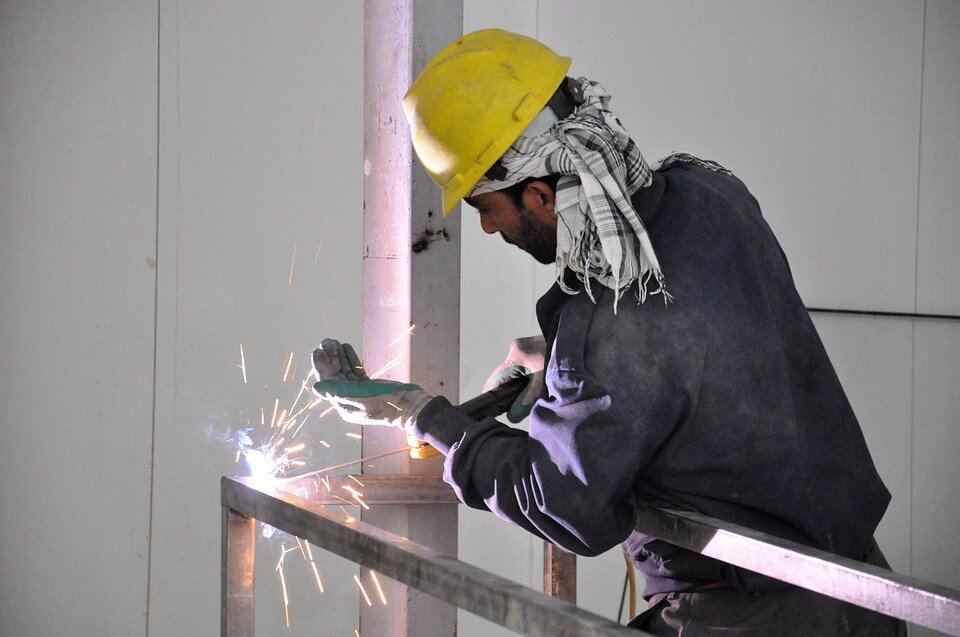Featured
Metal investments remain stable amid the global economy’s twists and turns
Government policies have an effect on the global base metal production. However, as long as there is demand, the base metals will remain strong.

The dollar can surge in strength or falter. A new government policy can support or weaken the work that is being done in the mining industry. And while developments like these do and can influence the ups and downs of the trading in the metals sector, the metals themselves—the commodities that are being traded, bought and sold—and metal investments will always remain stable, which should sound as good news for investors, present and prospective.
For example, Fast Market makes the current report that base metals had a weak position at the start of the week in the London Stock Exchange despite a weak dollar. The only exception was aluminum, with a stock trade and value that rose by one percent. Yet at the Shanghai Futures Exchange, the value of base metals continues to rise.
Similar to London, aluminum is leading the charge, with an increase of 2.6 percent. Lead follows with an increase of 1.8 percent, and copper follows a distant third with an increase of 0.3 percent. Fast Market also notes that this small increase by copper should not be underestimated, as industry analysts forecast that the metal will continue to spike as demand for it rises, especially in China which is building entire cities and laying the entire infrastructure for them.

Metal investments: A surge in demand for base metals is always a welcome news to producers and investors. (Source)
Some base metals are also classified as industrial metals, or the main production materials that are being used for construction, design, wiring, and the generation of power for complexes and facilities dedicated to certain industries. Copper is one such metal. One possible reason why base metals are seen as relatively stable is that they are classified as industrial metals, and thus are almost always in demand.
As Barron’s Asia describes it, the length and breadth of the global industry run on the availability of industrial metals. As a matter of record, demand often exceeds supply. This trend could have plunged the sector into a crisis. However, the producers of industrial metals have curbed over-production, which restored equilibrium in the market supply and which in turn made the market for industrial metals more stable.

-

 Africa2 weeks ago
Africa2 weeks agoMorocco’s Tax Reforms Show Tangible Results
-

 Fintech2 days ago
Fintech2 days agoPomelo Raises $160 Million to Power AI-Driven Digital Payments Across Latin America
-

 Biotech1 week ago
Biotech1 week agoUniversal Nanoparticle Platform Enables Multi-Isotope Cancer Diagnosis and Therapy
-

 Impact Investing6 days ago
Impact Investing6 days agoMainStreet Partners Barometer Reveals ESG Quality Gaps in European Funds


























You must be logged in to post a comment Login